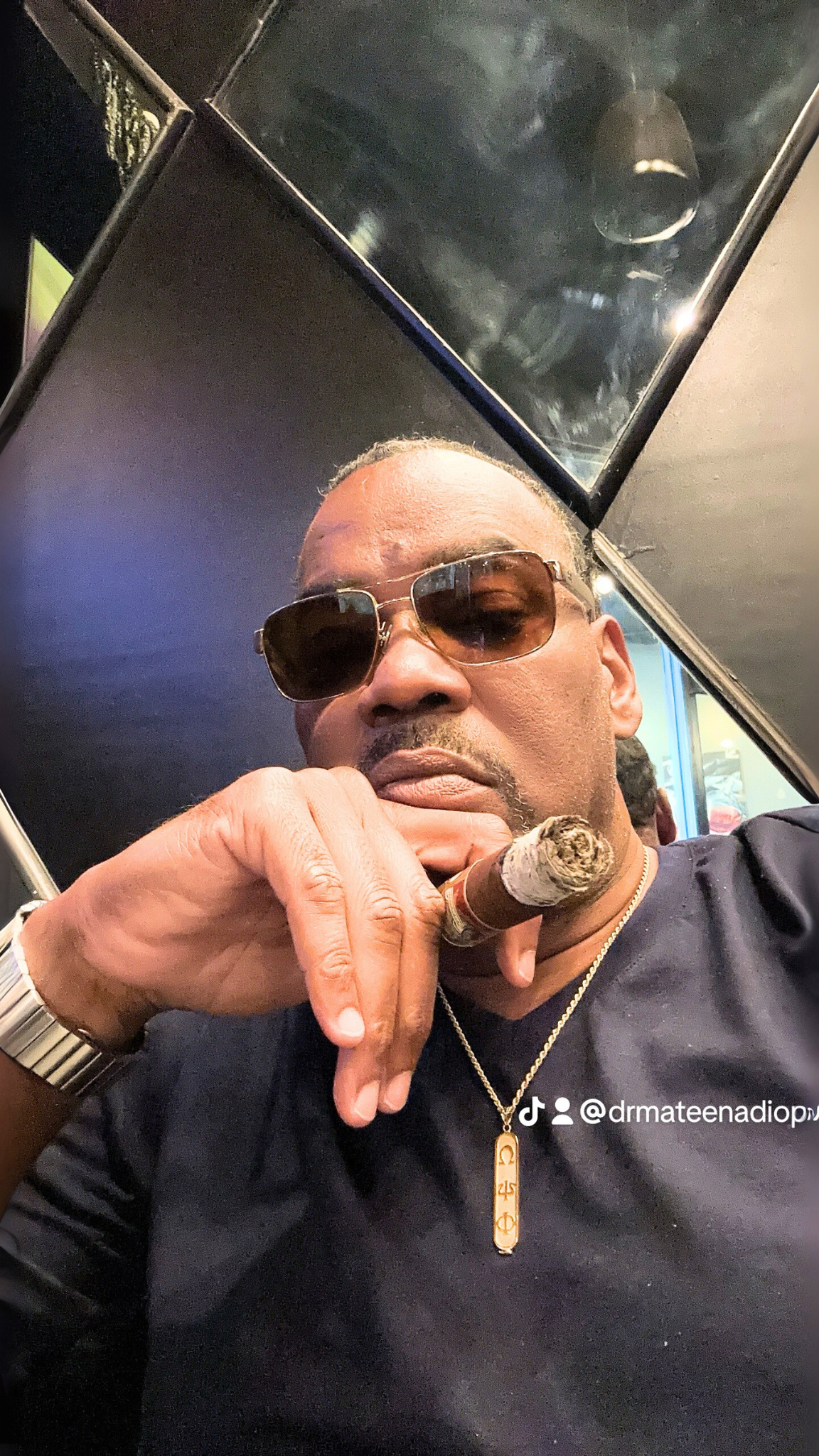Diversity, Equity, Inclusion and the Black Male
- Mateen Diop
- Apr 2, 2021
- 3 min read
Updated: Apr 2, 2021

I once interviewed for an executive-level position in a school district. After going through several stages of the interview process, anxiety came over me the day I was called into the final interview. I've been through many final interviews, and not once had I experienced this type of tension. I was perfectly qualified for the position- perhaps even over-qualified. This feeling, however, was a bit different. What was I being warned of before I walked into the room? The final interview was with the Superintendent and his deputy. As I arrived on the day of the interview, that feeling of uneasiness would not dissipate. I sat in the lobby waiting to be called in. After waiting several minutes, the secretary escorted me into the Superintendent's office. I was offered a seat, and the first words the Superintendent uttered were, "I know you're qualified, and everyone recommended you. However, I just wanted to make sure you fit into our culture." Then it hit me- I satisfied all the requirements of the position. I controlled every part of the hiring process. But, what I couldn't control was the Superintendents definition of "culture fit."
I thought to myself- what culture are you referring to? A culture of high expectations? Check. A culture of success? Check. The only box I could not check was that I was a white male or female. It seems that uneasiness was a forewarner that I would not be offered that job- which I wasn't. I didn't want to believe that race played a factor in the hiring process. However, when I saw the person eventually hired for the position- white male, less experience, less education- maybe race did play a part.
In today's conversations regarding diversity, equity, and inclusion- as Black men, we are still somehow marginalized. In my case, when the final decision maker uses a subjective measure, such as "culture fit," to determine my readiness to do the job- all my education, experience, and know-how are useless. Stereotypes can spell disaster for any organization trying to reach diversity. In this case- for whatever reason, the Superintendent felt I didn't fit their culture.
I have served as a hiring manager, and one bias that never entered my mind was race. For any organization striving to achieve diversity, I would offer three tips. One- it is incumbent on the hiring manager to remove any biases or stereotypes and focus on the candidate's ability to do the job. Have they had success in the past? Could they be successful in your organization? Whether the candidate may be a good drinking or golf buddy is irrelevant. Two- When choosing candidates, remove any names, pictures, work dates, or other identifying items from resumes. It's incredible how an "ethnic" sounding name can end up in human resources' trash can. The Boston Symphony famously held blind auditions to remove gender bias from the selection process. Before holding blind auditions, the final selections tended to be white and male. After hiding the performers' identities, the selection panel could only hear the music, and their final choices were overwhelmingly female. Three- Enlist the aid of the hiring committee when making the final decision. Many times, potential candidates are put through a rigorous interview process before meeting the final decision-maker. When this person has completed all the necessary hurdles, and the final decision maker hires a different candidate- you lose trust in your organization. Once you lose trust- you will lose your best performers.
Hiring the perfect candidate isn't an exact science, and many times organizations get it wrong. But, if you can remove any negative stereotypes about a person's ability to do a job and hire based on competence, performance, and overall ability to do the job, you lessen the chances of getting it wrong and instill trust back into your organization.










Comments